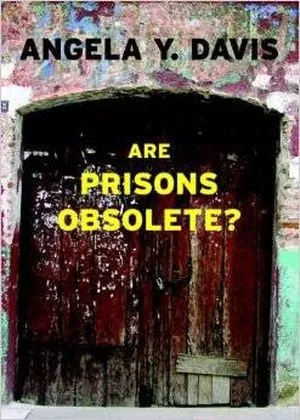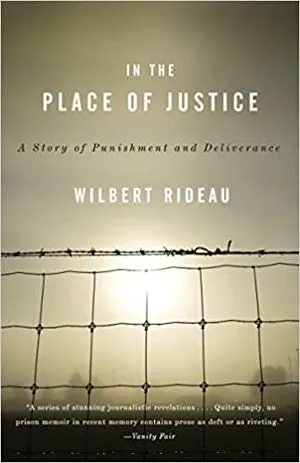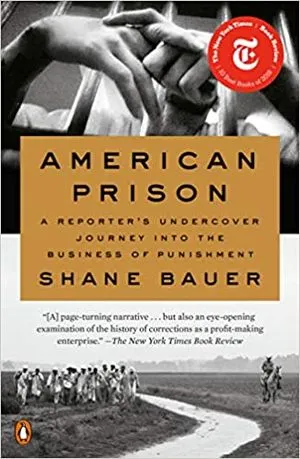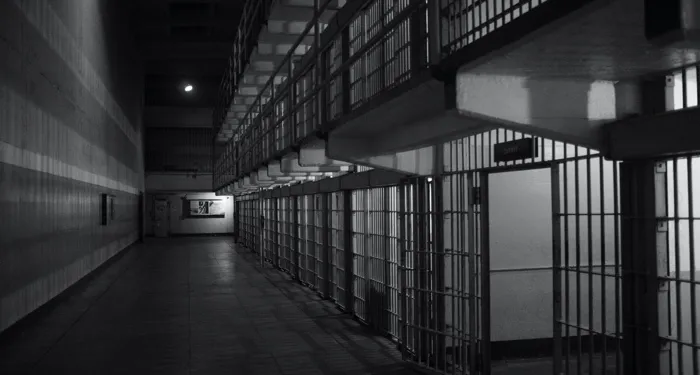
8 Books That Highlight How Broken the U.S. Criminal Justice System Is
America incarcerates more people than any other country in the world—in fact, 1 in 2 people have a family member who has been in prison. If you or someone you know has experienced the criminal justice system through arrest, probation, or incarceration, you probably already know how the system is designed to inflict trauma and abuse, especially on Black and Brown individuals.
The summer of 2020 has been a wake-up call for many Americans who haven’t experienced this system. From the murder of George Floyd and Breonna Taylor to the catastrophic spread of COVID-19 in American jails and prisons, it has become abundantly clear how broken the U.S. criminal justice system is. Here are eight books that will help you better understand why the American criminal justice system operates the way it does and what can be done to change it.
(Disclaimer: You will be filled with rage after reading these.)
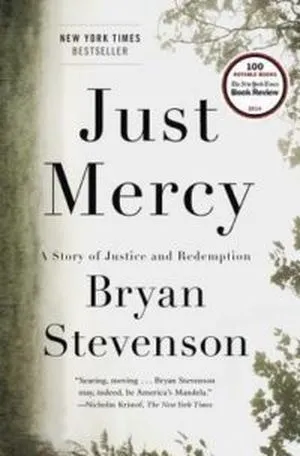
Just Mercy by Bryan Stevenson
Just Mercy is based on the life and work of Bryan Stevenson, a human rights attorney and the founder of the Equal Justice Initiative in Montgomery, Alabama. The central tenet of the book is the story of Walter McMillan, a man wrongfully convicted of murder and sentenced to death who Stevenson worked to exonerate. Since his start in legal work, Stevenson and his colleagues have won release or reversals for 135 people on death row. Catch the movie adaptation of Just Mercy for stunning performances by Jamie Foxx and Michael B. Jordan.
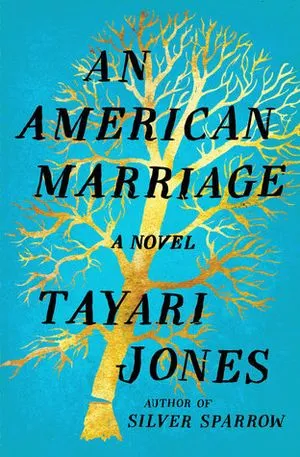
An American Marriage by Tayari Jones
A harrowing tale of wrongful conviction and imprisonment, An American Marriage follows Celestial and Roy, a young, middle-class Black couple, happily married and living in Atlanta. After a wrong place, wrong time run-in with the law, Roy is sentenced to 12 years in prison for a crime he did not commit. The aftermath is tragic—Celestial must grapple with how to move forward without Roy and forge a path through the trauma that his incarceration inflicted. The book is a novel, but the story is all too familiar in the real-life American criminal justice system.
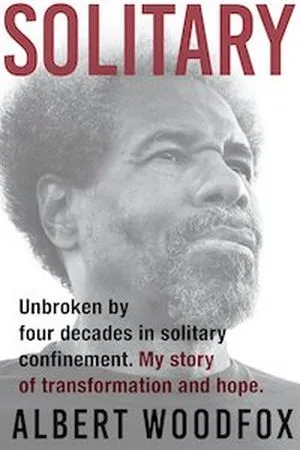
Solitary: Unbroken by Four Decades in Solitary Confinement by Albert Woodfox
Imagine spending 23 hours a day in a 6-by-9 cell for four decades. Solitary is the story of Albert Woodfox, an inmate at Angola who was wrongfully accused of murdering a white correctional officer while serving a 50 year sentence for armed robbery. Woodfox was sentenced to life in solitary confinement. This book is his memoir of those many years of pain, abuse, and, under appalling circumstances, unlikely friendships with the other men in solitary confinement. Let this book serve as a reminder that solitary confinement is torture and continues to be used in prisons across America.
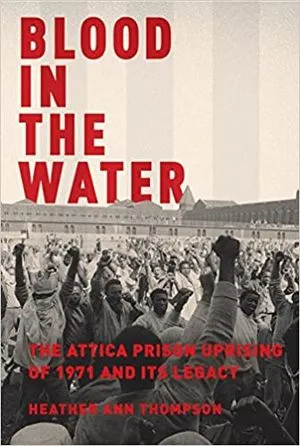
Blood in the Water: The Attica Prison Uprising of 1971 and Its Legacy by Heather Ann Thompson
Blood in the Water is the Pulitzer Prize–winning story of the Attica Prison uprising at the Attica Correctional Facility in 1971. Over 1,200 incarcerated people participated in the uprising, demanding political rights and better living conditions, such as adequate food and hygiene products. Ultimately, 43 men died during the uprising. Thompson pieces together the events that preceded the uprising and the ramifications that persisted decades later. This is a good choice for fans of historical nonfiction.
Are Prisons Obsolete? by Angela Davis
Writer, activist, and visionary Angela Davis questions the necessity of prisons in Are Prisons Obsolete?, arguing against the notion that “prisons are an inevitable fact of life, like birth and death.” Davis sheds light on the history of the prison abolition movement—no, it did not start in June 2020—and reminds readers that the criminal justice system as it operates today derives central processes and goals from the days of slavery. Start here if you want to begin your journey to becoming a prison abolitionist.

The New Jim Crow: Mass Incarceration in America by Michelle Alexander
The New Jim Crow is basically the Bible of social justice books. Michelle Alexander, a civil rights advocate, lays out all the facts, beginning with the over-policing of Black and Brown communities, racial discrimination in lawmaking, and overtly racist policies in sentencing, parole, and incarceration. The New Jim Crow has been hailed as a transformative book, giving readers an academic, yet engaging look into the reasons why the U.S. criminal justice is such a mess.
In the Place of Justice: A Story of Punishment and Redemption by Wilbert Rideau
Wilbert Rideau’s path to writing a book did not begin in academia or j-school. At the age of 19, Rideau was sentenced to life in prison in Angola State Penitentiary and later went on to become the editor of The Angolite, the prison newspaper. For over 25 years, Rideau reported on everything from sexual assault to mishandling of executions from behind prison walls. His book, In the Place of Justice, chronicles his struggles, redemption, and path to freedom after 44 years in Angola.
American Prison: A Reporter’s Undercover Journey into the Business of Punishment by Shane Bauer
In American Prison, Shane Bauer delivers a powerful record of his time as an undercover journalist in a private prison in Louisiana. For four months, Bauer flew under the radar as a correctional officer in the first private prison in the U.S., starting on the job with a few weeks of training and a $9/hour salary. The result is an expose of a company that condones gratuitous use of force, provides poor medical care, and ultimately turns a profit off human lives.



